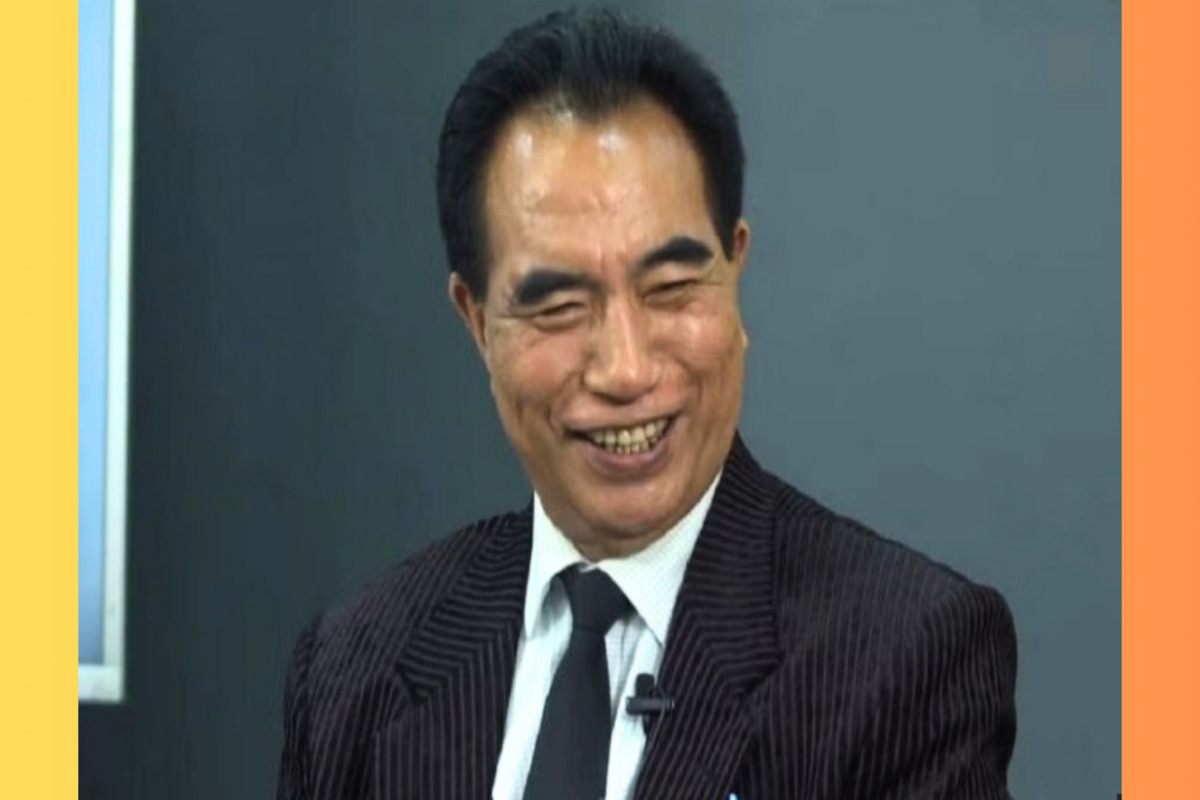Manipur placed under President’s Rule amid political turmoil
Days after Chief Minister N Biren Singh stepped down from the post, President's Rule was imposed in violence-hit Manipur on Thursday.
Tensions have escalated between the governments of Manipur and Mizoram, with Manipur Chief Minister N Biren Singh criticizing his Mizoram counterpart Lalduhoma for allegedly fueling “hatred and division” through his comments on the ongoing crisis in Manipur.

File Photo: Mizoram Chief Minister Lalduhoma
Tensions have escalated between the governments of Manipur and Mizoram, with Manipur Chief Minister N Biren Singh criticizing his Mizoram counterpart Lalduhoma for allegedly fueling “hatred and division” through his comments on the ongoing crisis in Manipur.
In a strongly-worded statement released yesterday, the Manipur government accused Lalduhoma of promoting a “secessionist agenda” and opposing initiatives like border fencing along the Indo-Myanmar boundary, which aims to curb illegal immigration, arms trafficking, and drug smuggling. The statement alleged that a “greater agenda” was at play to create a Kuki-Chin Christian nation spanning parts of Myanmar, India, and Bangladesh through illegal immigration, land acquisitions, and the establishment of autonomous councils. The Manipur government attributed this effort to foreign vested interests intending to destabilize the Northeast region.
Advertisement
The criticism followed Lalduhoma’s recent remarks, where he called Manipur’s CM a “liability” and suggested President’s Rule as a preferable alternative for governance in the state. He had also questioned the efficacy of border fencing, citing its failure to prevent trafficking along the Indo-Bangladesh border. The Manipur government accused Mizoram of resisting efforts to secure its border with Myanmar while claiming that Mizoram had become a favoured transit route for illegal trade. In contrast, it highlighted its own ‘War on Drugs’ campaign, which it said had drastically curtailed drug trafficking in Manipur.
Advertisement
Rejecting allegations of anti-tribal policies, the Manipur government also stated that the crisis stemmed from the influx of illegal immigrants from Myanmar whose livelihoods, tied to poppy cultivation, were disrupted by its anti-drug efforts. It also pointed to Mizoram’s restrictions on Myanmar nationals owning land or running businesses as evidence of shared concerns over resource pressures.
The statement underscored Manipur’s historical legacy, contrasting it with Mizoram’s status as a state carved out of Assam only a few decades ago. It accused Mizoram of attempting to “push” Kuki-Chin immigrants into Manipur as part of a broader “Greater Mizoram” agenda.
Reaffirming its commitment to restoring normalcy, the Manipur government detailed its support for over 60,000 displaced people living in relief camps and its ongoing operations to recover looted arms. It warned against any attempts to destabilize the region, vowing to take strong legal action against individuals or groups pursuing secessionist goals. The statement called on Lalduhoma to address Mizoram’s internal issues, particularly the growing threat of the drug trade to Mizo society, rather than making “unwarranted” remarks on Manipur’s governance.
Advertisement